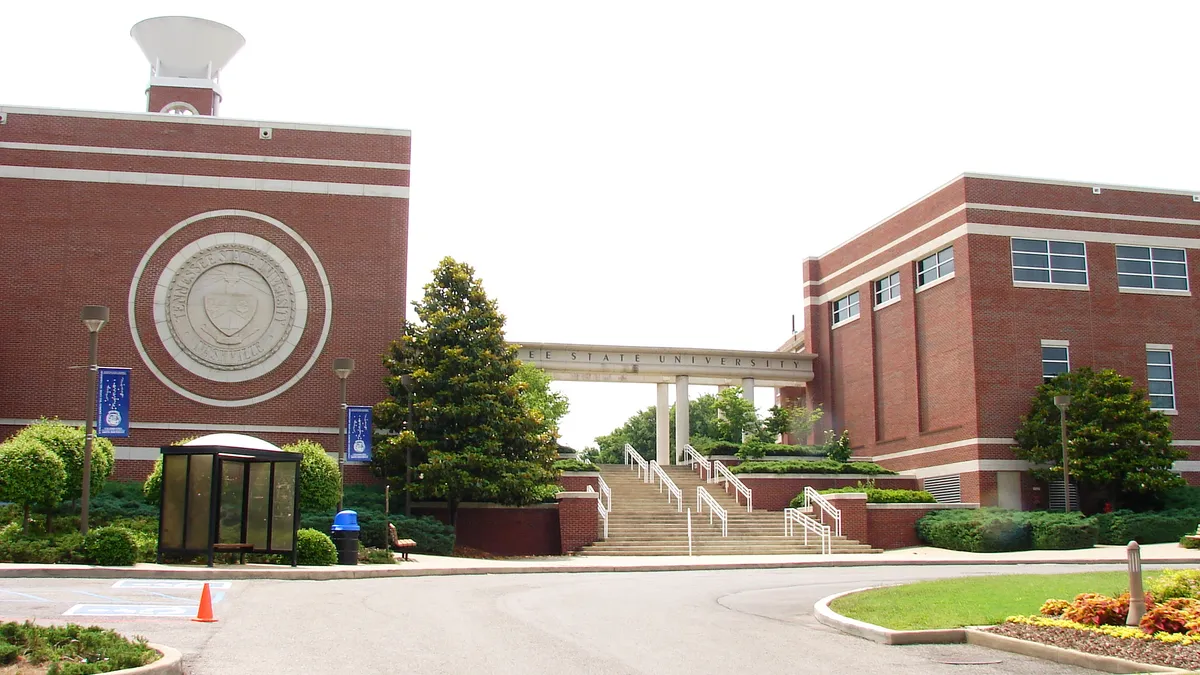Dive Brief:
- While a number of universities have collaborative partnerships that allow them to pool resources on open educational resources initiatives, many faculty still do not trust OER or, in too many cases, lack awareness.
- Campus Technology reports that Cable Green, director of open education at Creative Commons, which licenses open resources, said promotion and tenure processes still create barriers to open publishing because of reputational issues.
- In the United States, open textbooks are getting the most attention because of concerns over the high cost of course materials, while in Europe the key focus is open pedagogy and how OER creates new opportunities for teaching. Meanwhile, in the global south, a primary concern is challenging copyright dominance because so many people ignore copyright under the current system.
Dive Insight:
The Campus Computing Project’s latest survey of faculty perspectives asked about digital and OER resources, finding many faculty do not believe in the learning benefits attributed to digital resources. Community college faculty, whose students are most likely to benefit from free or low-cost digital materials, also report that many of their students do not own the technologies with which to access online course content from home, rendering digital resources less functional than paper textbooks.
While copyright concerns are driving OER discussions in the Southern Hemisphere, that element is still factoring into conversations about digital materials in the United States, too. Copyright infringement in higher education by students and even faculty is relatively high when it comes to photos and videos. Access to OER libraries could improve the situation, and ahead of that, more universities are buying into subscription services that solve copyright issues for users.












